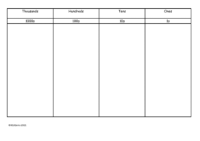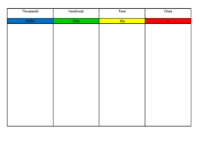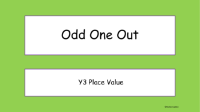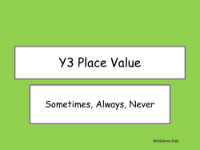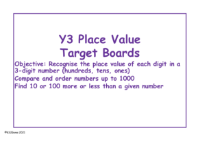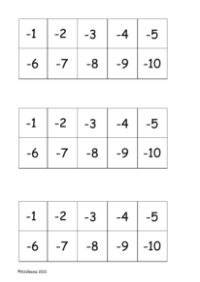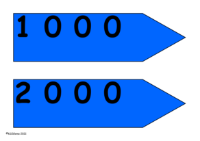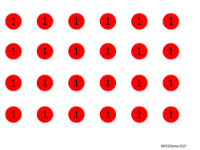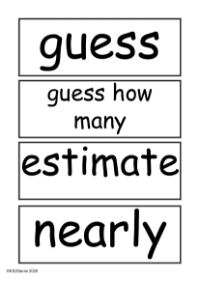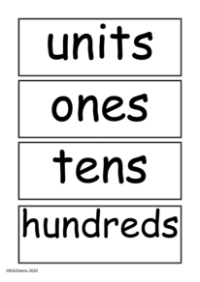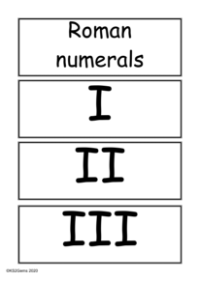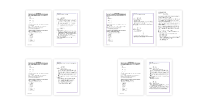Vocabulary - Properties of Number
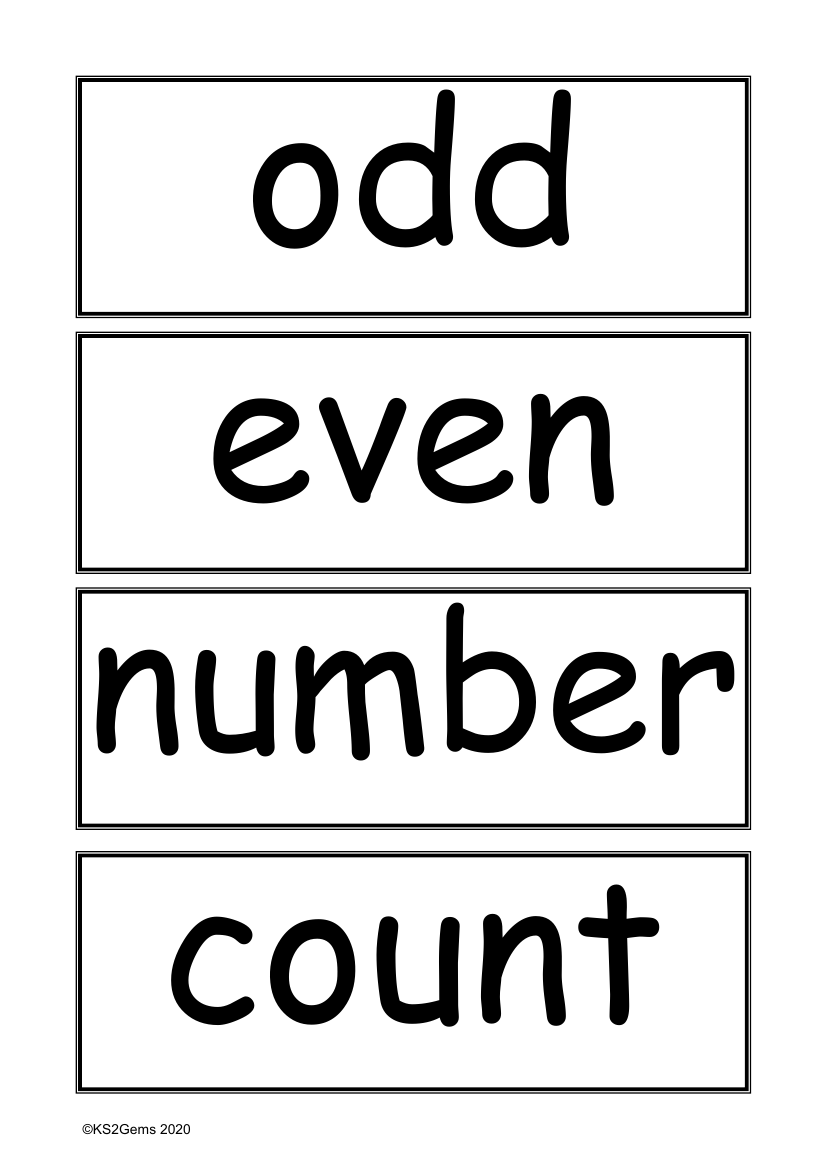
Maths Resource Description
The vocabulary set provided is essential for understanding the properties of numbers within the context of mathematics education at the Key Stage 2 level. Terms such as 'odd' and 'even' categorise numbers based on their divisibility by two, with odd numbers having a remainder when divided by two, and even numbers dividing cleanly. The basic concept of a 'number' is foundational, representing a quantity or an amount, which can be determined by the act of 'counting'. 'How many?' is a question often asked to find out the quantity of items or to initiate the process of counting.
Further terms like 'every other' refer to a pattern or sequence where one item is skipped, commonly used in the context of identifying even or odd numbers within a series. The phrase 'how many times?' is associated with multiplication or repeated addition, and a 'multiple of' denotes a number that can be divided by another number without a remainder. 'Digit' refers to the individual numbers from 0 to 9 that make up larger numbers, while 'rule' and 'relationship' describe the fixed principles or connections between numbers or concepts. 'Sequence' is an ordered list of numbers that often follows a specific rule or pattern.
Words such as 'continue', 'predict', and 'pattern' are used in the context of extending a sequence of numbers or determining what comes next based on the observed regularity. 'Pair' can refer to two numbers or items that are grouped together. 'Cardinal number' represents the count of items in a set, while 'ordinal number' indicates position or order in a sequence. 'Consecutive' describes numbers that follow one after the other without any gaps, and 'inequality' is a mathematical expression showing the relationship between two values that are not equal. Lastly, 'place holder' signifies the position of a digit in a number that determines its value, 'interval' refers to the difference between two numbers, and 'natural number' is a term for the positive integers, starting from one and increasing infinitely.
